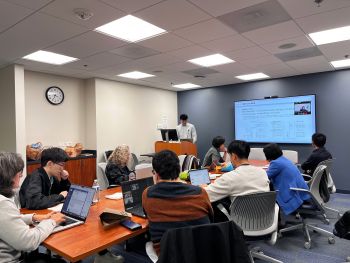
Virtual
BIC [at] gwu [dot] edu (BIC[at]gwu[dot]edu)
Almost all Koreans (97%) are enrolled in the National Health Insurance program, and most receive medical treatment at least once a year. Data are collected by the Health Insurance Review and Assessment Service (HIRA), and the results of the review are sent to the National Health Insurance Service (NHIS). The data processed by NHIS and HIRA cover almost the entire population and can be used for various research purposes. NHIS and HIRA support research by making these data available to researchers in Korea. Claims data have clear limitations in research due to the nature of the data, but the greatest advantage of these data is that they are the only data that cover almost the entire population in Korea.
In addition to claims data, this presentation draws on a variety of data available in Korea to integrate recent findings from national studies investigating the many risk factors that influence patient outcomes in Korea. In particular, it focuses on the assessment and prediction of patient prognosis and the evaluation of drug efficacy and compliance. Together, these studies advocate personalized approaches to healthcare, emphasizing the need for early intervention, prevention, and targeted support based on individual health markers and lifestyle factors. This holistic view of health determinants provides valuable guidance for optimizing public health strategies and individual well-being in the Korean population.
Dr. Minkook Son is an Internist and Assistant Professor in the Department of Physiology at Dong-A University College of Medicine. He directs the Physio-Informatics Lifecare Lab, which focuses on translational research, clinical informatics, epidemiology, and causal inference.